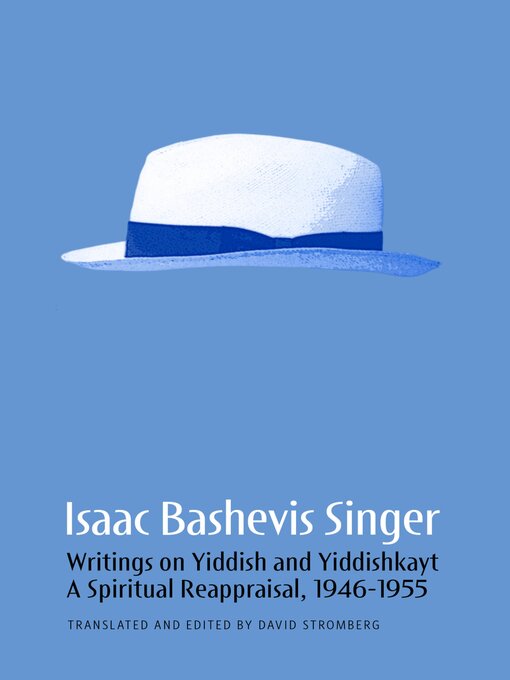- Historical Fiction
- Mystery
- Short Stories
- Fiction eBooks
- Most Popular
- Humor
- See all fiction ebooks collections
- Biography & Memoir
- History
- Religion & Spirituality
- Nonfiction eBooks
- Jewish History
- See all nonfiction ebooks collections
- All Fiction
- All Nonfiction
- Biography & Memoir
- History
- Historical Fiction
- Audiobooks
- All Audiobooks
- Jewish Thought and Practice
- See all audiobooks collections

